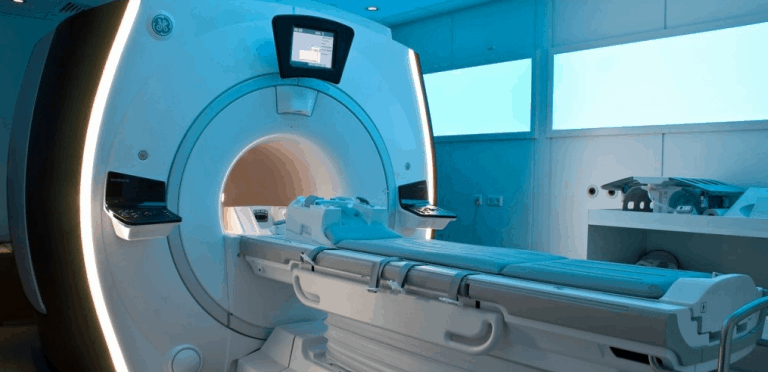A new drug called Xofigo for late stage prostate cancer is marketed by Bayer. Xofigo is a novel radiopharmaceutical called radium-223 dichloride. This drug for late stage prostate cancer is for use in men whose cancer has spread to the bones but no other organs. The medication is for patients with castration-resistant prostate cancer, which is prostate cancer that has spread even after surgery or other therapy to lower testosterone. Testosterone is a hormone that can stimulate prostate cancer growth.
The FDA approved Xofigo three months ahead of schedule. It was given an expedited review because the medication appears to provide a safe and effective therapy not currently provided by other products and because it may offer a significant improvement over existing drugs on the market. Patients in a clinical trial who took radium-223 lived three months longer than patients who used a placebo.
How Does Xofigo work?
Radium-223 dichloride has an anti-tumor effect. It “binds with minerals in the bone to deliver radiation directly to bone tumors, limiting the damage to the surrounding normal tissues,” said Richard Pazdur, MD, director of the Office of Hematology and Oncology Products at the FDA Center for Drug Evaluation and Research.
The medication is given once a month by intravenous injection. It contains radium (a heavy metal), which delivers radiation directly to bone tumors without significantly damaging surrounding tissues. This breaks up double-strand DNA, killing the prostate cancer cell at the site of cancer-induced increased bone turnover.
Xofigo causes minimal bone marrow suppression and is tolerated pretty well. Studies show that it helps patients who were resistant to hormone treatment live longer.
Because Xofigo is targeted for bone metastases, it may be found useful for many different cancers that have spread to the bone, according to lead investigator Chris Parker, MD, consultant clinical oncologist at the Royal Marsden Hospital in London, United Kingdom. They studied prostate cancer patients first because in around 90% of advanced prostate cancer patients, the cancer will spread to the bone. Plus, in many of these cases, the cancer does not spread elsewhere in the body.
Side effects of Xofigo
Side effects include nausea, diarrhea, vomiting, and swelling of the leg, ankle, or foot. The most common abnormalities found during blood testing of this drug for late stage prostate cancer were low levels of red blood cells (anemia), lymphocytes, white blood cells, platelets, and infection-fighting white blood cells.
How much does Xofigo cost?
The drug costs $69,000 for a complete course of therapy. Therapy consists of six injections given at four-week intervals. Bayer will have a patient assistance program to help cover the cost of treatment.
Who does Xofigo help?
This medication is for patients with late stage prostate cancer that is resistant to hormone therapies. Men whose prostate cancer has metastasized to the bones but not other organs after medical treatment or surgery to lower testosterone are candidates for this medication. Xofigo is not recommended in patients on chemotherapy due to the potential for additive myelosuppression.
Read more in our Prostate Cancer Health Center.
Reference
Chustecka Z. Xofigo (Radium-223) approved for prostate cancer with bone mets. MedScape Today May 15, 2013.







